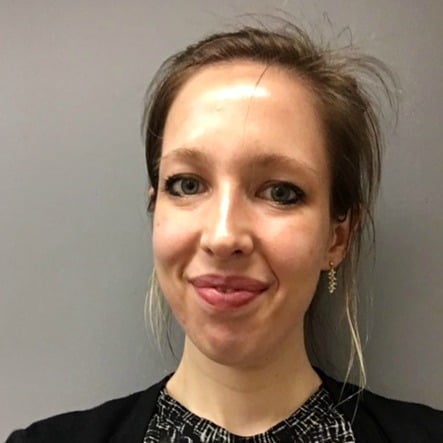Academic science as a career is unique in that in order to succeed, one must learn to think and write in a specific way—as a scientist. It starts with learning to question, hypothesize, and apply the experimental approach correctly. It then progresses to knowing the appropriate levels of stringency for a given experiment, which experimental method is currently preferred within your subfield, and of course, the correct controls to use. Next, once you are swimming in data, you must learn to analyze your data, discuss, and make conclusions.
Is the difference observed in your experimental condition statistically significant in comparison to the control? Is there a correlation? What does this tell us? Are you reaching beyond what your data indicates? Finally, you will learn the scientific writing style. As you progress in your career, you will have to write abstracts, papers, grants, etc. Anyone can tell you the power of great scientific writing that will promote your data, hypotheses, aims, and conclusions in that unique style that is generally unloved outside of science. We spend so much time learning and perfecting these skills, is it any surprise that they become a part of our personalities, even when we’re not working as scientists?
How often do you not believe something until it occurs the same way three times as you would for an experiment? Perhaps you wait to make a decision or “conclusion” on a potential boyfriend/girlfriend until after the third date, or wait to see an outfit in the streets three times before accepting it as a new trend. How many of you optimize your cooking recipes by only changing one ingredient at a time as we do when troubleshooting in the lab? Or swirling the honey in the bottom of your tea the way you would agar dissolving in a beaker of TAE after microwaving. How many of you have accidentally brought home a timer from the lab and kept it there, realizing how great it was to use in the kitchen?
Who, after so many hours on the microscope, has started taking “representative pictures” for Instagram? Has the word “thus” or random science jargon crept into text messages and exchanges with friends? What about asking someone to aliquot dessert? To waft a soup? Or accidentally calling your friend’s children “offspring”?
When planning an event with friends, do you specify your aims and approach, including alternatives if the ones you currently have do not work out as planned? Do you design “experiments” for your friends to try to solve life problems they come to you with? Or, similarly, when you notice a pattern in human behavior, do you secretly map out experiments to test these trends in the general population? How many of you have wondered how to properly control when testing several skincare samples from Sephora? Or those nights outs with your scientist friends for cocktails that spin into discussions of miscible solutions? Do real-world objects (clouds, trees, art) remind you of your protein-of-interest’s immunofluorescence pattern, favorite cell line, model organism, or chemical structure of interest?
What about the random tidbits from biology/psychology/chemistry that are just so easy to inject into conversation? Who hasn’t discussed the likelihood of your future children’s hair/eye/skin color based on your phenotype and that of your mate? Or the potential for different major histocompatibility complexes being the reason why you are attracted to your boyfriend, who is of a different cultural background?
In addition to thinking and writing like a scientist, we start to develop certain professional habits. For example, scientists can be somewhat superstitious. Often in the lab, when something works one way, we throw rationality aside and always repeat this experiment in the exact same way for fear that it may not work if we deviate. But sadly, once this behavior is reinforced, it is hard to let go of. How many scientists, so happy that something in life has worked before, repeat, repeat, repeat the exact same way? Buying only the same pair of jeans over and over again, repeatedly eating the same lunch, waiting at the same spot on the subway platform, etc.
With blogs, Facebook Pages, and jokes geared towards scientists, are you surprised that science is not only a job but also a way of life? I understand that not all scientists are this way, but the ones who are, I would like to think have found their perfect career—and lifestyle. Fingers crossed for continued funding!
Quartzy is the world’s No. 1 lab management platform. We help scientists easily organize orders, manage inventory, and save money. We’re free and always will be. Visit Quartzy.com or reach out at info@quartzy.com.
Interested in writing for The Q? Send us an email!
Share this:

Brittany Carson
I am a post doc at the Lunenfeld-Tanenbaum Institute in Toronto. I currently work on glioma, but have studied breast cancer, multiple myeloma and renal cancer, with a focus on cell-signaling pathways, translational regulation, the cell cycle and the cytoskeleton to develop novel biomarkers and therapeutic targets. My science journey has taken me through cell culture, flies, worms and mice and through many different techniques. I love photography (including microscopy), traveling and non-science reading.
